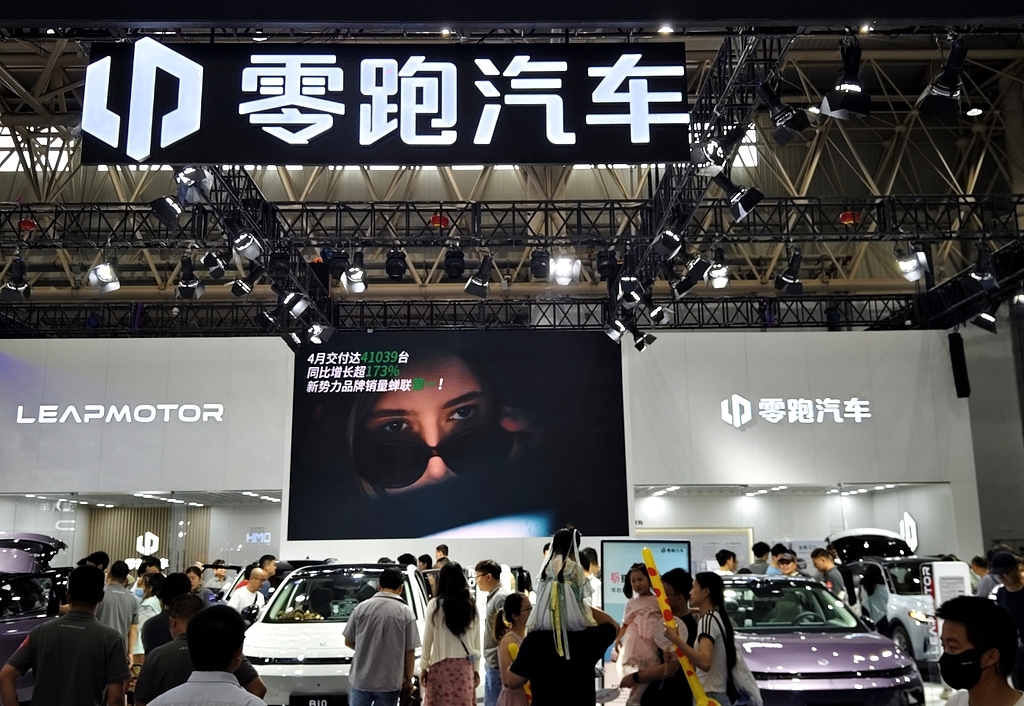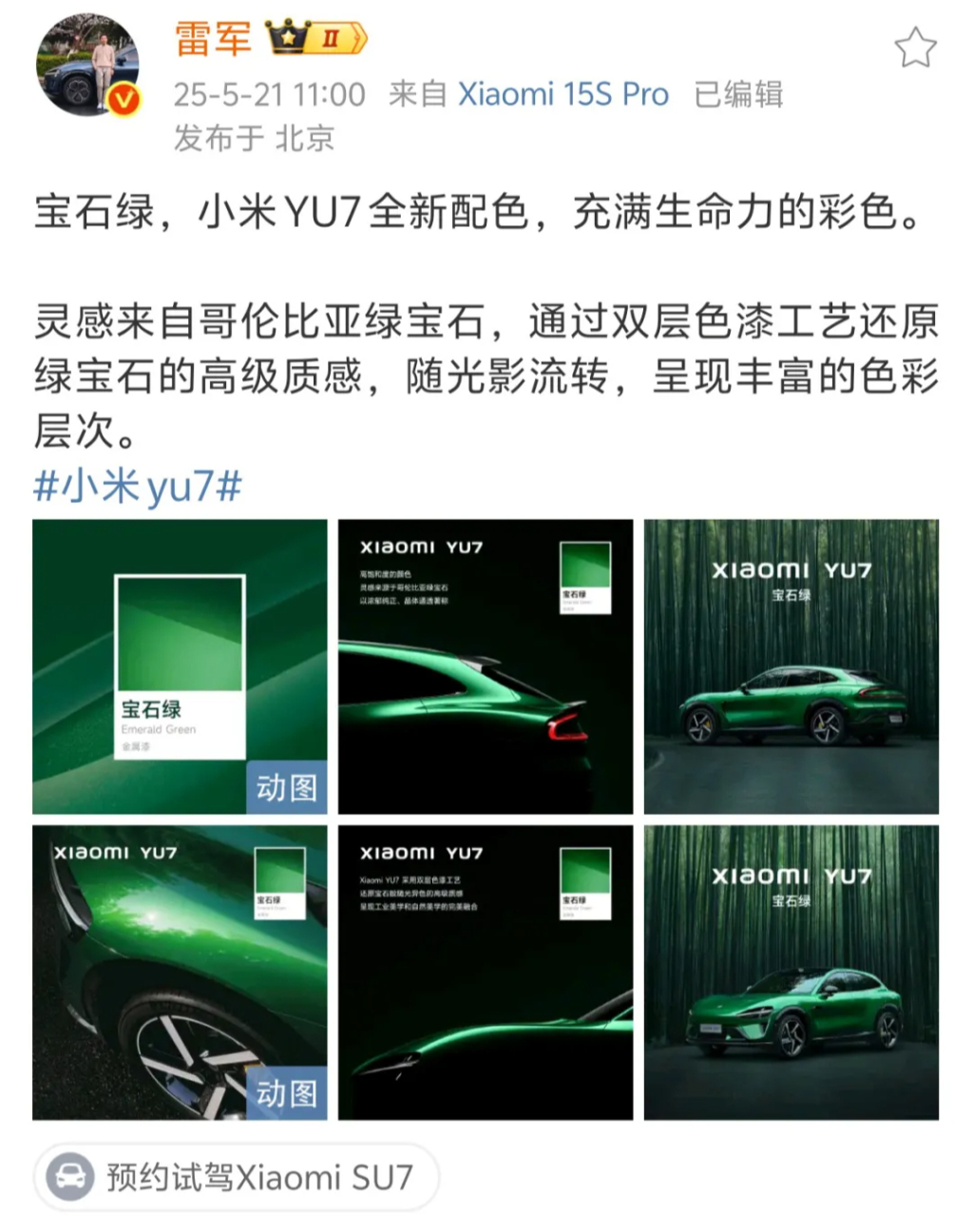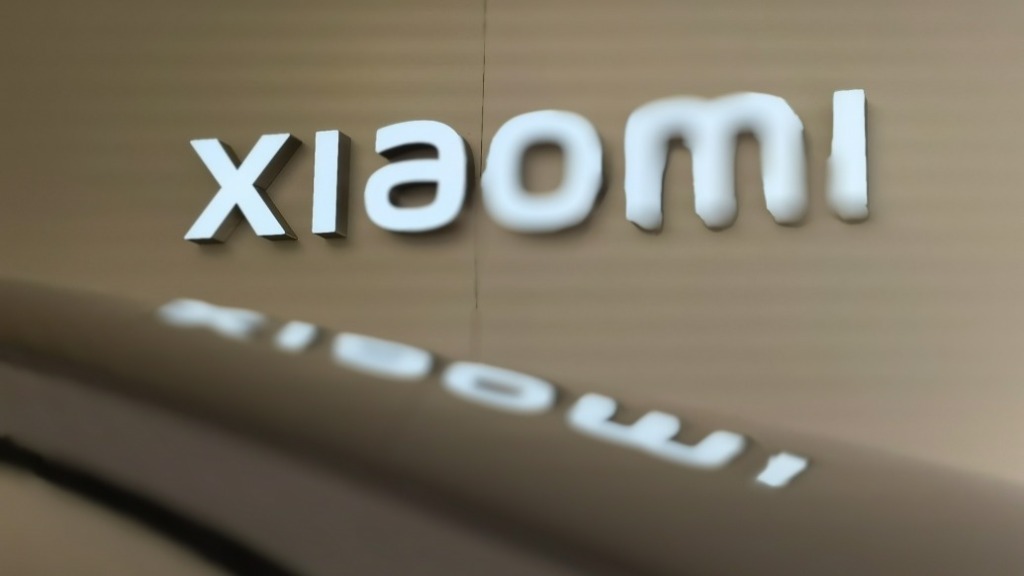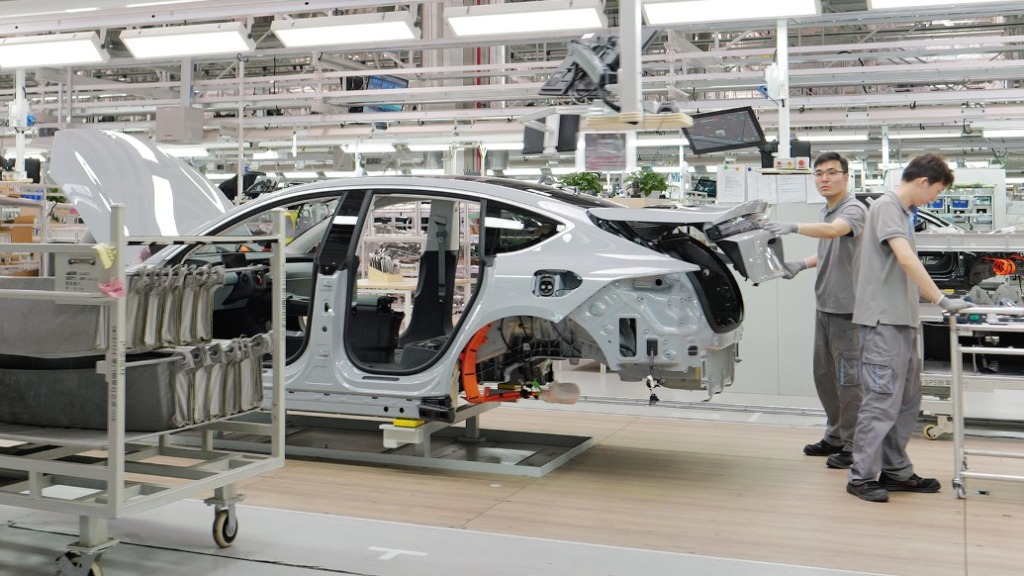
Amid the mutual sarcasm between the two big bosses, Yu Chengdong and Lei Jun, the sales volume of new energy brands in May were announced one after another.
Leapmotor retained its title as the sales champion among new forces with 45,067 vehicles delivered, up more than 148% year-on-year. The "high configuration and low price" advantage brought by its all-round self-developed strategy continued to emerge. The main model C10 delivered more than 13,000 units in a single month, accounting for nearly 30% of the brand's total sales.

On May 17, 2025, the 23rd Central China International Automobile Exhibition and New Energy and Intelligent Connected Vehicle Exhibition was held at the Leapmotor booth at the Wuhan International Expo Center.
Hongmeng Intelligent Driving followed closely behind, setting a new record with sales of 44,454 vehicles, of which the Wenjie brand contributed 36,600 vehicles, the Wenjie M9 delivered 15,481 vehicles in a single month, and the Zhijie R7 series also exceeded 5,000 vehicles. Hongmeng Intelligent Driving's multi-brand matrix strategy has achieved remarkable results. Its cooperation model with automakers such as Seres, Chery, and BAIC BluePark is gradually building a product system covering different market segments.
Ideal Auto ranked third with 40,856 deliveries, up 16.7% year-on-year and 20% month-on-month. After the launch of the 2025 L-series refreshed model, weekly sales exceeded 10,000 units several times, driving the overall recovery of the brand. As more automakers join the extended-range track, Ideal's technical reputation may spread further.
Xpeng Motors delivered 33,525 vehicles in May, a year-on-year surge of 230%, and maintained monthly sales of more than 30,000 vehicles for seven consecutive months. The cumulative sales of MONA M03 exceeded 120,000 units, and the new X9 increased by 35% month-on-month after the facelift. The product strategy adjustment brought by Wang Fengying after joining is driving Xpeng to complete the transformation from "technology-driven" to "market-oriented".
Xiaomi Motors ranked among the top five with over 28,000 vehicles delivered, and SU7 continued to lead the market in the price segment above 200,000 yuan. Xiaomi Motors has been frequently searched recently, and there are controversies in online public opinion, but it has always proved its popularity in the market with actual delivery data, with cumulative deliveries exceeding 130,000 vehicles from January to May.
Deep Blue Auto delivered 25,521 vehicles in May, up 78% year-on-year and 27% month-on-month. The S09 model received over 21,100 orders in the first month of its launch, showing its potential to be a hit. However, its car system advertising placement strategy has sparked controversy among users, and the brand needs to seek a balance in marketing.
NIO delivered 23,231 vehicles in May, a year-on-year increase of 13.1%, of which Ledao, Firefly and other sub-brands contributed nearly 10,000 vehicles. The scale effect of the battery swap network has gradually emerged, and has attracted dozens of companies to join its charging and swapping ecosystem. NIO CEO Li Bin recently proposed that self-developed chips, vehicle OS, and intelligent chassis are the new three major components of smart cars, which is also the focus of NIO's efforts.

On May 25, 2025, in Hefei, Anhui, the NIO new ET5 smart electric mid-size sedan and the new ET5T smart electric station wagon, which have been developed for two years, were officially launched in Luogang Park, Hefei.
Zeekr Auto delivered 18,908 vehicles in May, up 1.6% year-on-year and 37.7% month-on-month. Under the strategic integration of "One Geely", Zeekr focuses on the high-end luxury market, while Lynk & Co covers the mid-to-high-end market, forming a differentiated layout. Geely Group's new energy sales in May reached 138,021 vehicles, up 135% year-on-year, and the new energy penetration rate climbed to 59%. The Galaxy brand continued to be the main force of the group's new energy with a monthly sales volume of 101,845 vehicles.
In addition to the new forces, BYD sold 382,476 new energy vehicles in May, a year-on-year increase of 38.7%, and exported 89,000 vehicles overseas, accounting for nearly a quarter of its sales. Chery Group sold 205,732 vehicles in May, with new energy sector increasing by 47.7% year-on-year and exports increasing by 7.7% year-on-year, demonstrating the resilience of the "domestic and international dual circulation".
Judging from market trends, new energy brands are consolidating their position through strategies such as deepening technology, building an ecosystem, and developing a multi-brand matrix, while traditional car companies are accelerating their catch-up by relying on their resource integration capabilities and systematic advantages.


